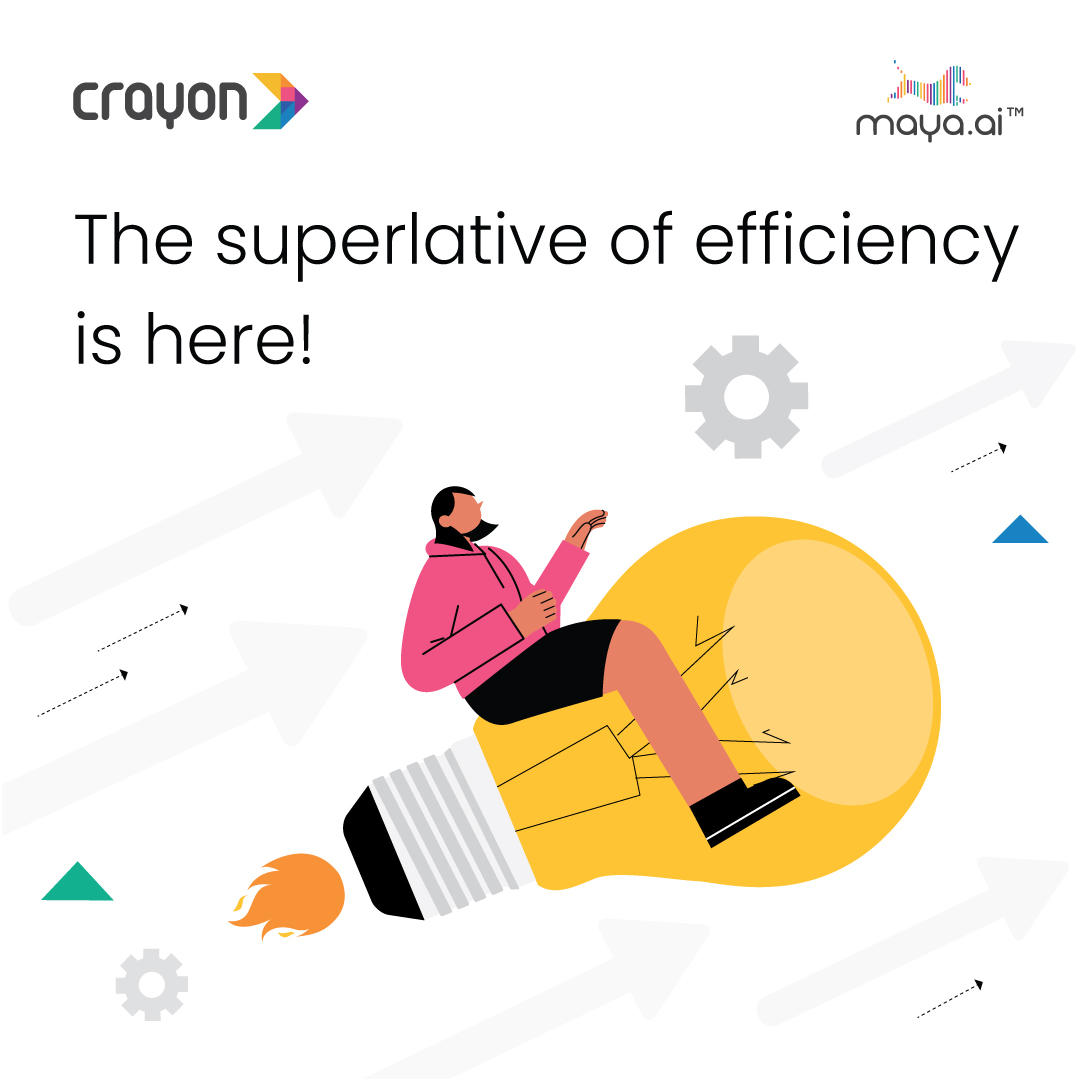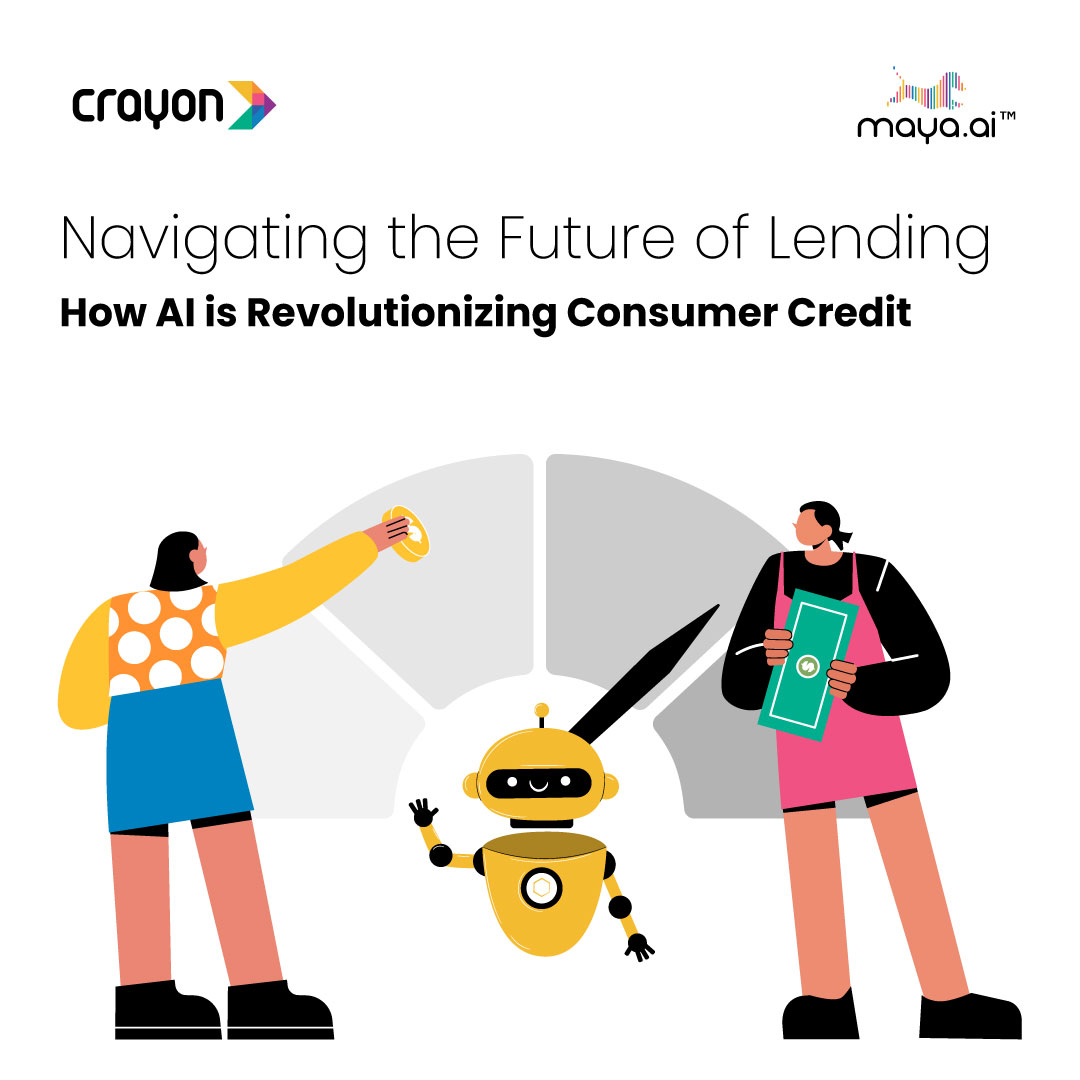Today, information is abundant. Customer expectations are soaring. And enterprises are seeking innovative ways to deliver an exceptional customer experience (CX).
Large Language Models (LLMs) have now become part of dinner-table conversation. They’re all-pervasive. Customers are aware of the potential of such groundbreaking technology. They expect to see their service providers put it into use.
This is especially true in the ecommerce segment. Experts predict that the global market will reach USD 3.65 Tn in 2023.
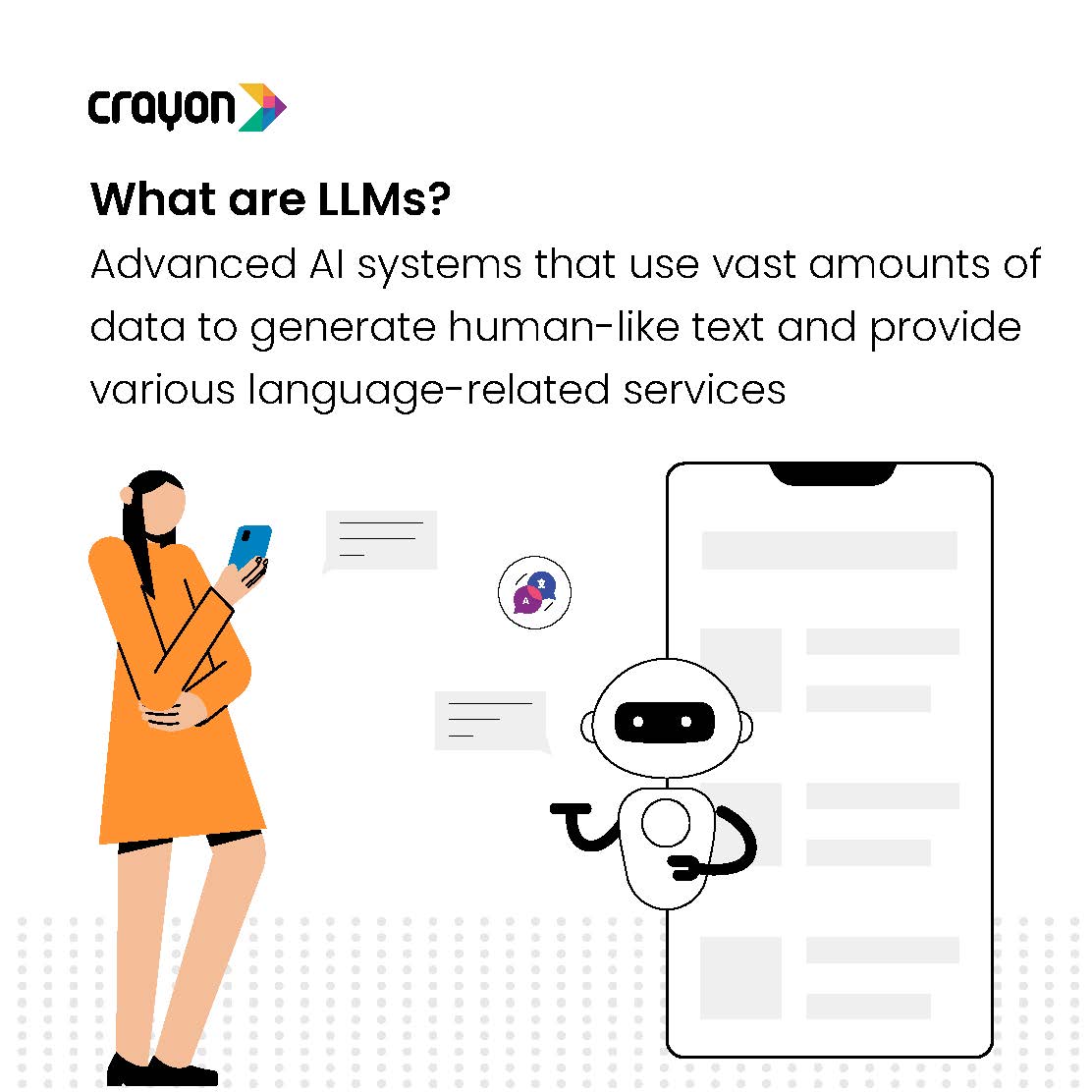
Here, we explore the intersection of LLMs and ecommerce. Can they make a significant difference in transforming online retail experiences? Can businesses enhance product discovery and optimize customer interactions? And, can they drive revenue growth?
Let’s dive in to find out.
Tapping into LLMs for ecommerce experiences
LLMs, such as OpenAI’s GPT-4, have deep natural language processing capabilities. They can understand and generate human-like text. These models are trained on vast amounts of data. This allows them to comprehend complex language patterns. And generate conversational, coherent and contextually relevant responses.
Here are a few ways in which ecommerce platforms could see success with LLMs.
1. Enhanced product discovery
LLMs can enable personalized and conversational product recommendations. They can analyze customer preferences, historical data, and even unstructured product descriptions. And provide tailored recommendations that improve customer satisfaction and drive sales.
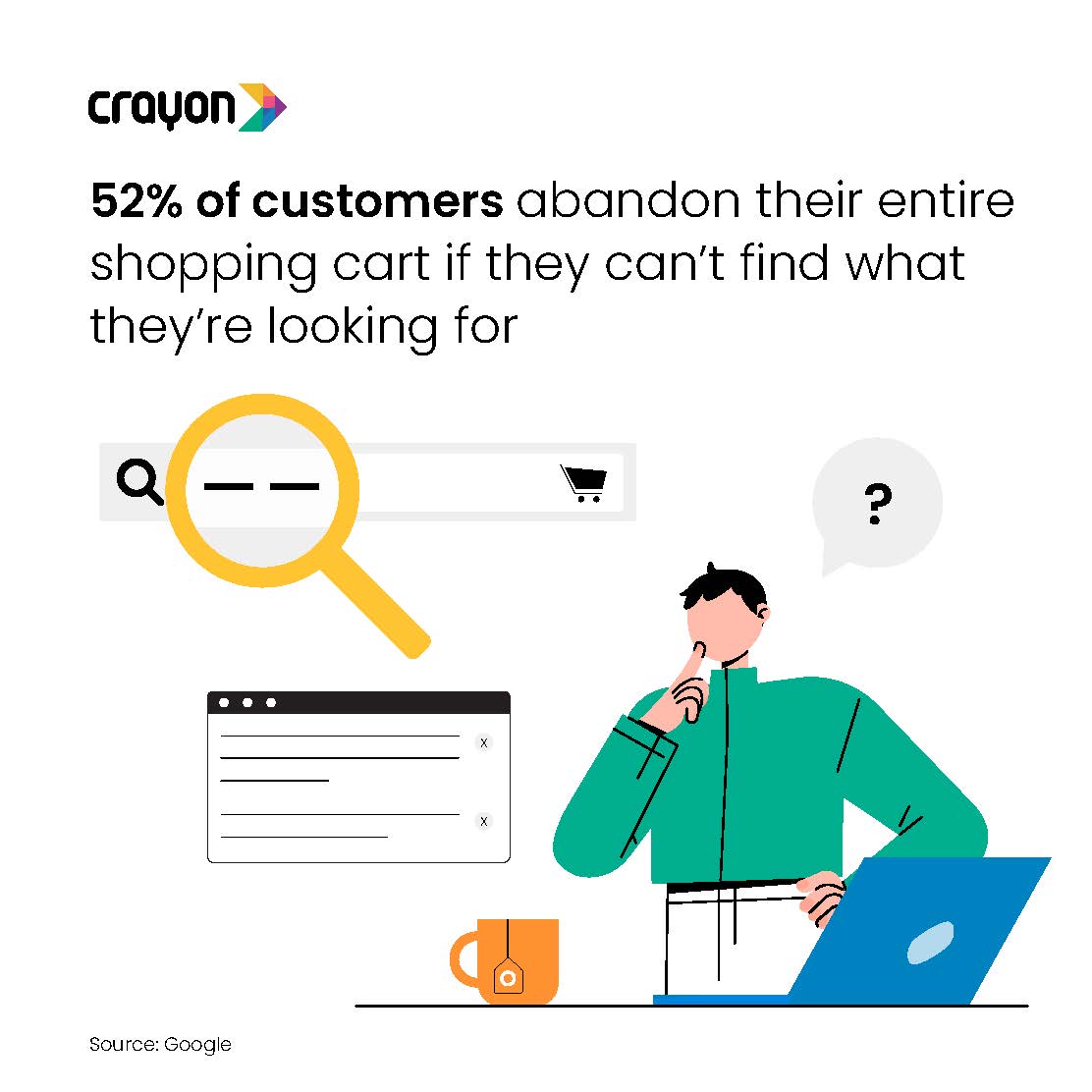
This is especially important because keyword-based search just doesn’t cut it anymore. Customers use natural language, different word combinations, and different meanings in their queries. The searches don’t match the exact product labels. This often leads to irrelevant search results. For example, if you’re looking for a “lavender shirt,” you might not find related colors. Or shirts with patterns.
Another thing to take into account is that many customers aren’t exactly sure what they want. That’s why recommendation systems are so important for converting customers. But even these systems miss the mark sometimes. They use search algorithms that focus on popular items, leaving out other options. For instance, the definition of a “black work shirt” can vary. It depends on factors like the buyer’s gender, profession, or interests.
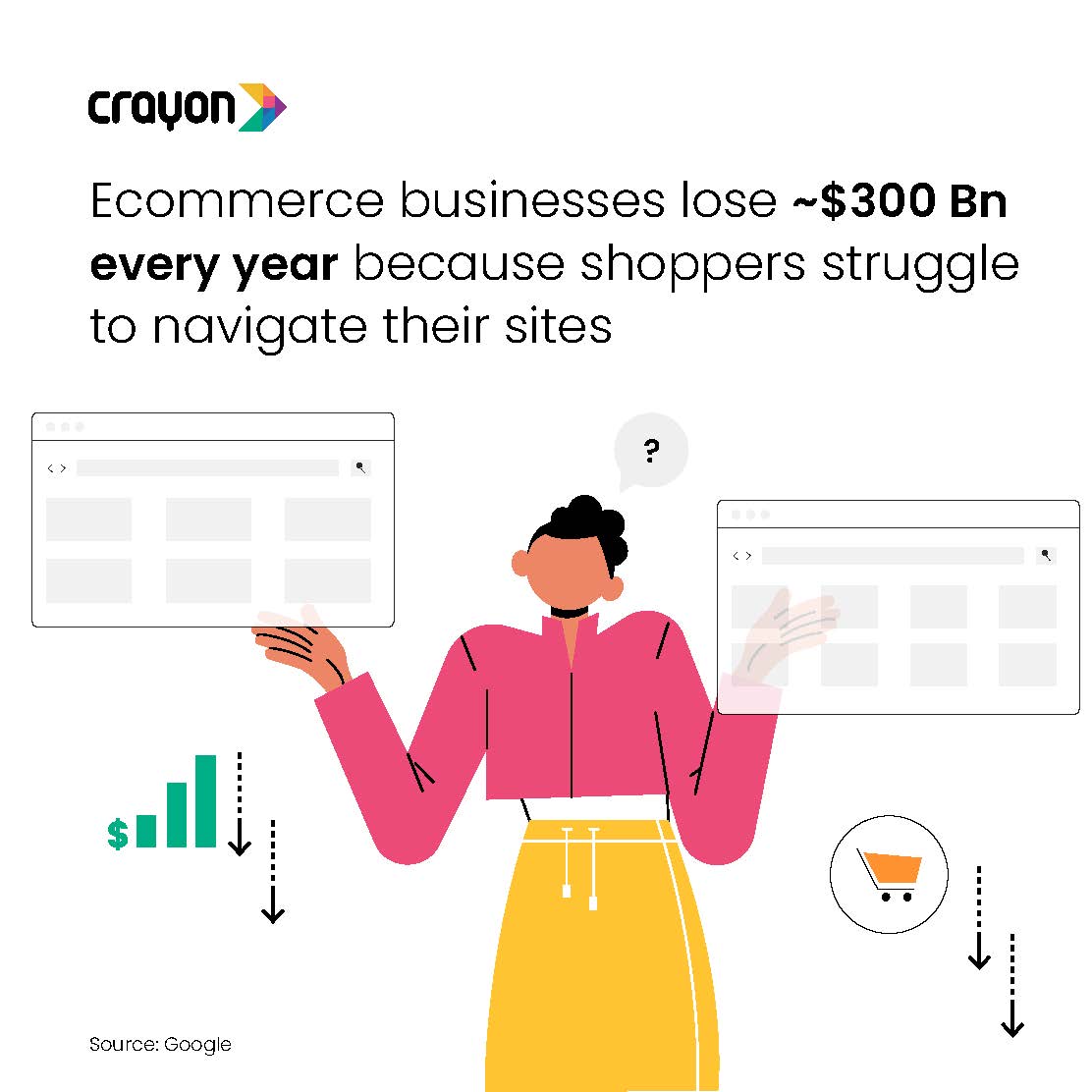
That’s where neural search comes in. It understands that someone looking for a lavender shirt might also like similar shades. It provides a much better experience for discovering products. Because it goes beyond the text information. It takes into account all customer data and product attributes. It’s the difference between browsing through a catalog and talking to a salesperson.
2. Optimized customer interactions
CX is a critical aspect of ecommerce success. Customers don’t want to wait in a virtual queue with no end in sight. They would rather skip the saxophone music interjected with assurances that “Your call is important to us”. They would prefer to get their issues resolved by chatting with a virtual assistant.
LLMs can revolutionize CX by developing intelligent chatbots and virtual assistants for businesses. These chatbots can understand customer queries, provide accurate responses, and offer personalized recommendations. They can enhance customer interactions, resulting in improved satisfaction and increased conversion rates. This level of engagement enhances the customer experience and builds brand loyalty.
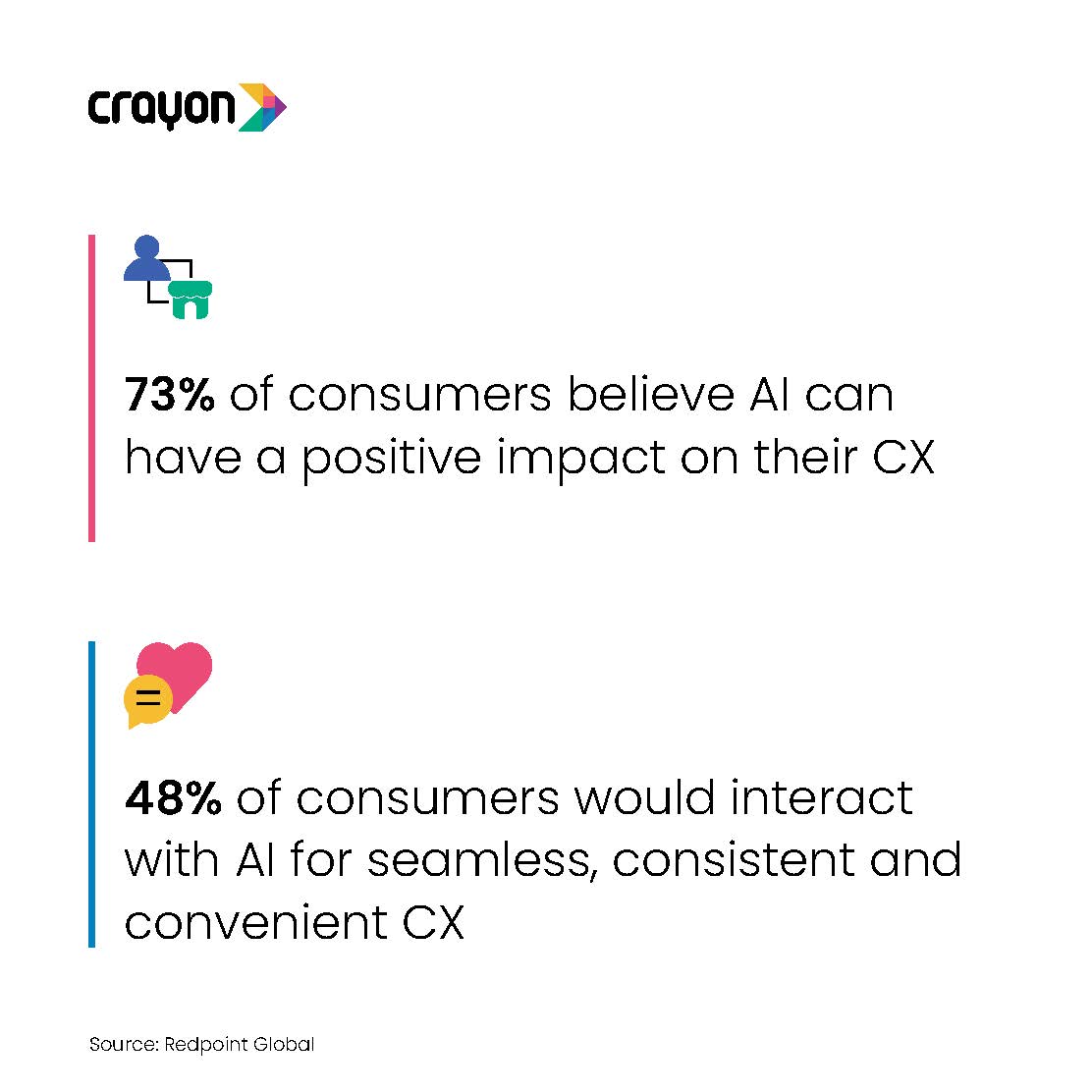
Currently, only 1.6% of customer interactions worldwide are AI-automated. Yet, we can expect a surge in fully automated and high-quality conversational experiences in ecommerce. This will transform the role of human customer service agents. Rather than competing with AI, humans and AI will complement each other. Human agents will become AI-augmented super experts. They’ll focus on high-value conversations that need unique expertise. Or ones that establish strong emotional connections with customers.
More scope for LLMs across the customer journey
LLMs have the potential to transform every stage of the ecommerce journey. They can offer a seamless and engaging experience. This includes personalized product recommendations to virtual shopping assistants during the decision-making process.
Generative AI, fueled by LLMs, won’t just save businesses money; they can make money too. These chatbots create personalized digital experiences without requiring much human effort. This opens up a lucrative revenue stream. Retail sales generated from chatbot interactions are set to reach a whopping USD 112 Bn by the end of 2023.
Of course, accuracy plays a pivotal role. AI models trained with accurate data ensure that the chatbot gives correct information. Be it about the brand or the products.
For instance, the Boost.ai platform leverages LLMs to offer intelligent, conversational chatbots. They can understand and respond to customer queries. Businesses can enhance customer interactions, reduce response times, and increase customer satisfaction.
Video ecommerce is another segment where LLMs can play a vital, CX-enhancing role. TheTake.ai‘s LLM-powered technology can identify and tag products within videos. This allows viewers a seamless path to buy. Firework provides customers with rich and informative content. They do this by analyzing launch videos and generating dynamic product descriptions. The result: enhanced product understanding and increased conversion rates.
Challenges of LLMs for ecommerce
Now that we’ve seen the huge potential of LLMs for ecommerce, it’s time to flip the page. They also have unique challenges.
1. Bias and fairness:
LLMs learn from vast amounts of data, which may contain biases. This may reflect in recommendations or responses. Careful monitoring and evaluation are necessary to ensure fair outcomes.
2. Data privacy and security:
LLMs need access to large datasets, which may include sensitive customer information. Ensuring the privacy and security of this data is crucial to maintain customer trust. Businesses must enact robust data protection measures and follow relevant privacy regulations.
3. Ethical considerations:
LLMs have the potential to generate misleading or false information. This can have serious consequences for ecommerce. The accuracy of LLM-generated content should be verified through guidelines and mechanisms. Transparency in disclosing AI-generated responses can also help manage ethical concerns.
4. Lack of interpretability:
LLMs often operate as “black boxes”. It’s hard to understand how they arrive at their recommendations or responses. This lack of interpretability can raise concerns about accountability and transparency. Explainable AI techniques are crucial to address this challenge and build trust.
5. Over-reliance on automation:
Excessive reliance on LLMs may lead to a loss of human touch. Finding the right balance is essential to maintain a positive customer experience.
Businesses need a multidisciplinary approach to tackle these challenges. This includes domain expertise, ethical guidelines, ongoing monitoring, and regular updates to LLMs. By navigating these challenges, businesses can find benefits for themselves and for customers.
As LLM technology continues to evolve, we can expect even greater advancements. These innovative applications will further transform the ecommerce landscape.


